Thirty years ago, my parents lost everything that was dear to them: a place they called home, family, friends and all their property. An outbreak of the ongoing brutal civil war in Somali, forced them to move out of the country with my six siblings, five girls and a boy. My mother never got a chance to go to school, so she wanted to make sure that all her children, especially the girls, could access education. My family first settled in Utange, a refugee camp in Mombasa, Kenya in October 1992. This camp was later closed, forcing them to move to another refugee camp – Marafa, where I was born. With my father having a terrible mental illness, my mother was left alone to take care of the family’s needs including sending all of us to school. Within our patriarchal community, my mother had to fight social norms. Seeing her struggle motivated me to take my education very seriously. My mother has inspired me a lot. She is my everyday role model.
My journey in pursuing my education was far from straightforward. All my older sisters dropped out before completing high school, but I was determined to make it to the finish line because I wanted to make my mother proud. In 2008, my family moved to Naivasha in the central part of Kenya where I could attend a good school, but then we had to move to Kakuma refugee camp in northwestern Kenya where I finished primary school and started high school. Kakuma housed more than 200,000 refugees from more than 10 different nationalities. My mother's business grew during my second year of high school, then she sent me to a good school in Nairobi, the capital of Kenya where I graduated from high school in 2018. In 2019, I got admitted into university where I am currently taking a Bachelor’s degree in Media and Journalism.
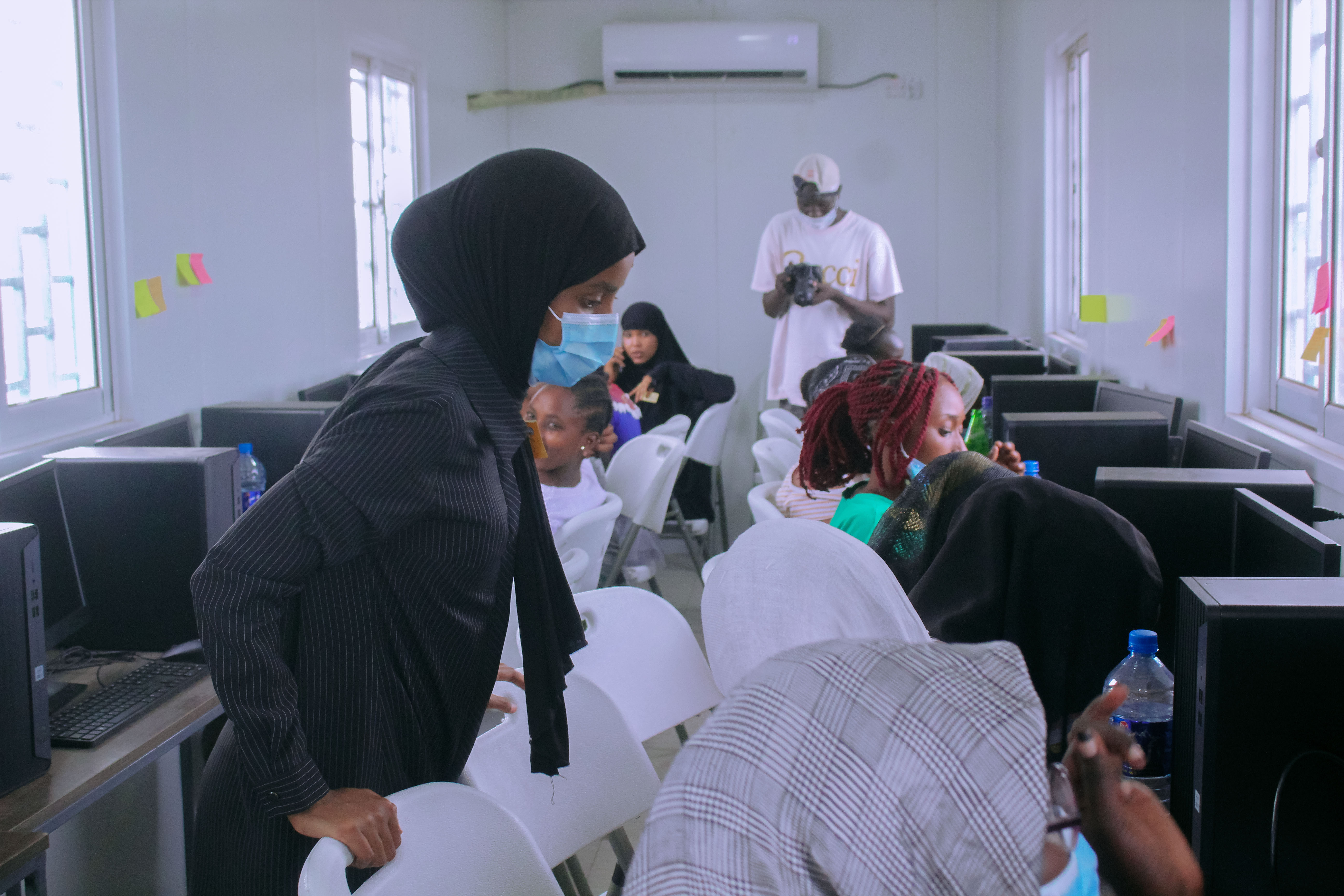
Every day I look back at my journey, I feel proud of what I have achieved in the last couple of years. But more importantly, whenever I do, I think about the millions of girls across the world who face numerous barriers to accessing education. Regardless of gender, education is a human right. Every child deserves access to quality education. Today, I use my story to bring to light the realities of seeking education as a girl in humanitarian and crisis contexts. I also aim to encourage young refugee girls to build their hope for a better future and amplify their voices.
In December 2021, I traveled to the Kakuma refugee camp in Kenya with my colleague and friend, Nhial, to set up SheLeads Kakuma, a 6-month long empowerment, advocacy, mentorship, and college-preparatory program for young girls in Kakuma refugee camp and Kalobeyei Integrated Settlements. During our stay in Kakuma, we organized two consultations with young adolescent girls enrolled in secondary schools across the camp on behalf of Transform Education.
The two consultations brought together 30 young girls between the ages of 17 and 24 enrolled in secondary schools in the camp. The consultations provided a space for them to highlight challenges young girls face in accessing secondary education and discuss the steps that different stakeholders can take to better support girls’ education. This was done with the belief that young girls and women are the best experts in identifying their needs based on their own experiences and journeys, and therefore should have safe spaces to share their experiences, insights, and recommendations.
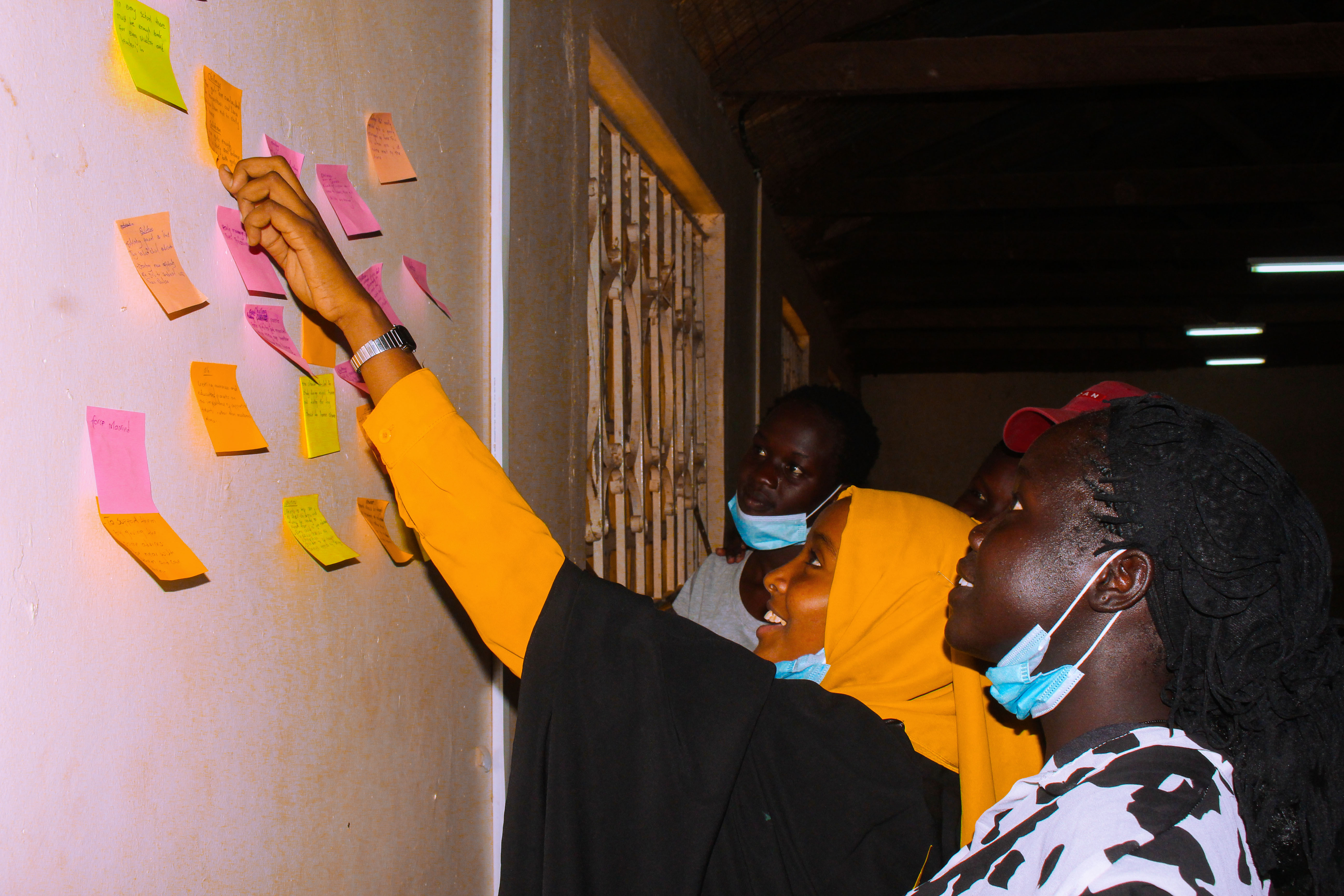
The participants emphasized the need for education as a tool to secure a brighter and more hopeful future, and stressed the limited opportunities for girls to access education in humanitarian and emergencies contexts. Cultural norms and practices that teach communities that education is for boys hinder girls’ participation in educational opportunities. COVID-19 was identified as a catalyst in exacerbating the already low number of girls enrolled in school. Education boosts girls’ self-awareness and knowledge resulting in high self-esteem. Educating girls leads to healthier and economically stronger communities. Educated women are more likely to send their children to school and fight patriarchy. Educated girls will be able to change and improve the living standard of their families. Limited access to girls’ friendly toilets and safe spaces in schools and the little focus on sexual education were also identified as barriers. The participants believed that providing more scholarship opportunities to young girls and women in humanitarian contexts and engaging communities would go a long way in removing gender barriers induced by social norms. Girls’ education should be prioritized in funding allocation at the local, national, and global levels.
Whenever I talk to young girls, I am impressed by their resilience, creativity, and innovation. In emergencies and humanitarian contexts, education is the only ticket to a more promising future for young people. Fighting for girls’ education is not merely a woman thing. We all have a role to play in ensuring girls and women can thrive and take the lead in their communities.
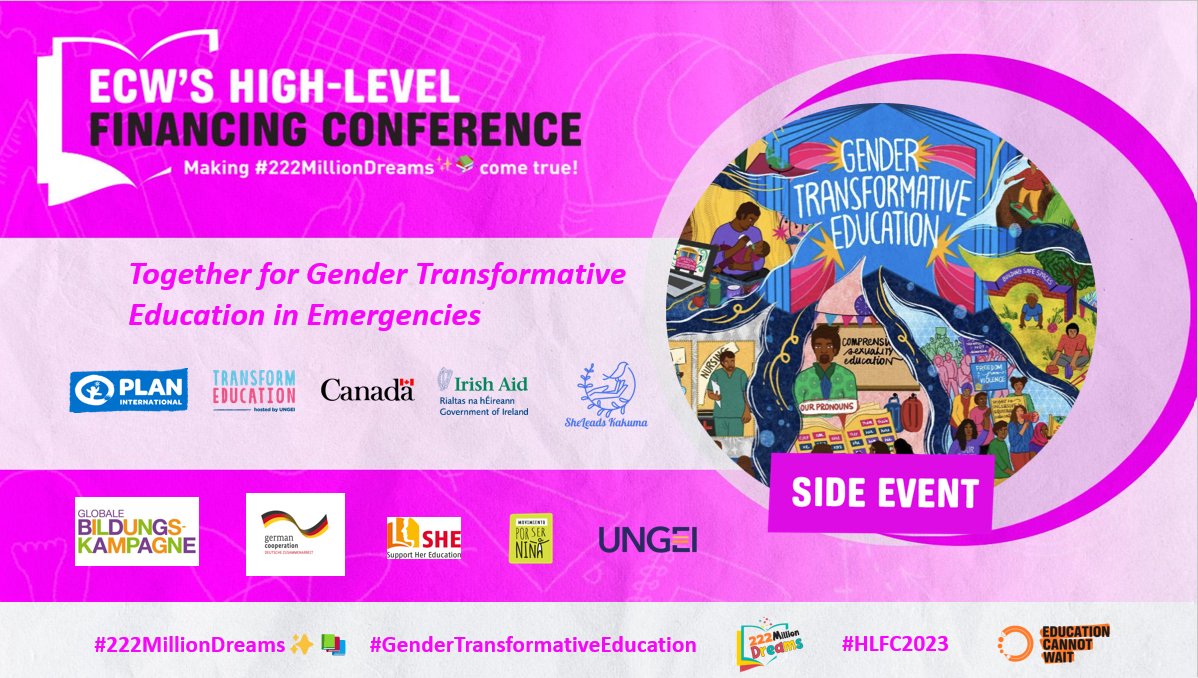
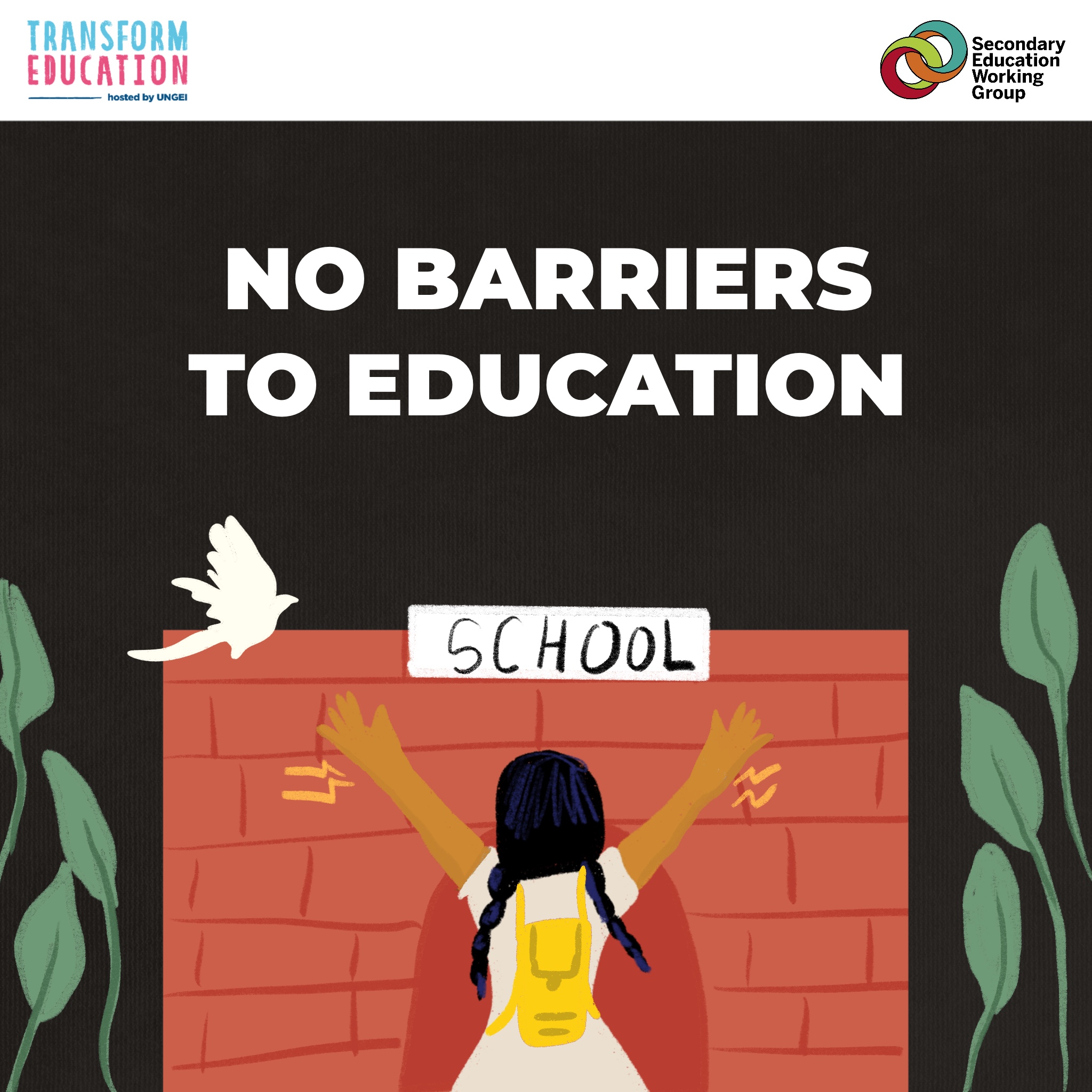
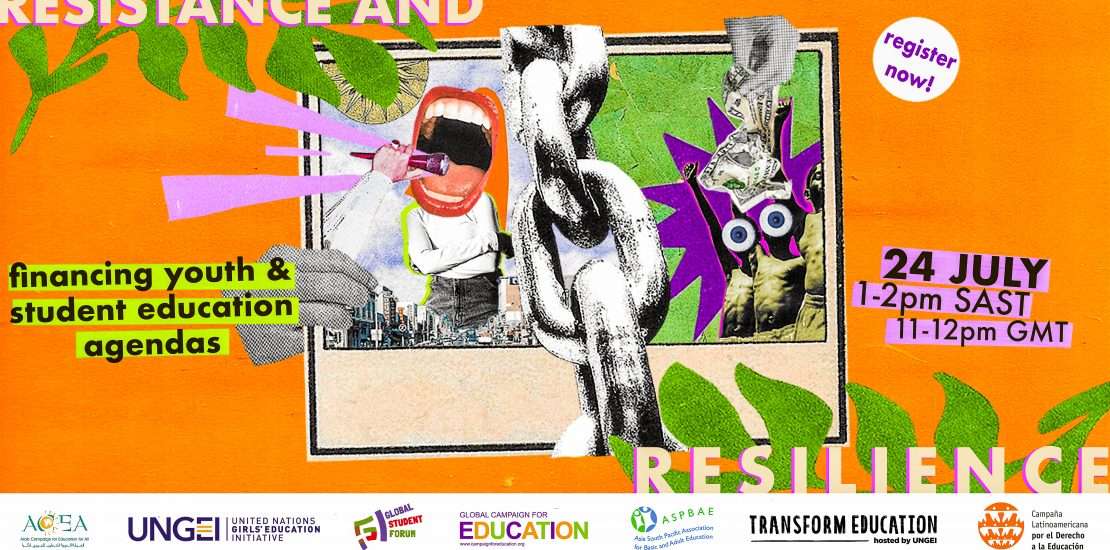
 English
English العربية
العربية Български
Български Hrvatski
Hrvatski Čeština
Čeština Dansk
Dansk Nederlands
Nederlands Suomi
Suomi Français
Français Deutsch
Deutsch Ελληνικά
Ελληνικά हिन्दी
हिन्दी Italiano
Italiano Română
Română Русский
Русский Español
Español Maltese
Maltese Zulu
Zulu አማርኛ
አማርኛ